The first leg of this year’s Race to Alaska got off to a dramatic start, with high winds capsizing three teams in the Strait of Juan de Fuca between Port Townsend, WA and Victoria, B.C.
They call Stage 1 ‘The Proving Ground’ for a reason, and it proved to be too much for some of this year’s racers. Better to find out now, when Coast Guard support was close at hand, than further north in the race’s remote backwaters.
The Race to Alaska is a 1,200-kilometre endurance race from Port Townsend, WA, to Ketchikan, AK. The 38 teams taking part are bound by two rules: no motors and no outside help. Some sail. Some build custom pedal propellers. Some kayak or row. In 2019, only 25 of 45 teams completed the journey, so just making it to Alaska in one piece is worth celebrating.
With no motors or support teams allowed, the Race to Alaska (R2AK) is about physical endurance, saltwater knowledge and tenacity.
“As these teams sail into the forgotten reaches of our coastal wilderness, the stories that do come out will be incredible,” race boss Daniel Evans said in a news release.
#BreakingNews #Update: (1/2) Hoist cam footage from the rescue of 2 individuals who entered the water after their sailing vessel capsized. This is from the Port Angeles based #USCG helicopter crew. @KIRO7Seattle @komonews @KING5Seattle @fox13seattle @PenDailyNews @KIRONewsradio pic.twitter.com/9gDeA2eq6t
— USCGPacificNorthwest (@USCGPacificNW) June 13, 2022
Kootenay Pedalwheelers aim for Alaska
Doug Kennedy has spent decades sailing the globe. He’s navigated Scandinavian waters like a viking, and once crossed the Atlantic from the coast of Morocco to the Caribbean over a three-week journey.
A trip north along B.C.’s coast should, in theory, be easy for him. In practice, it will be anything but for Kennedy and a group of Nelson sailors looking to make history — if they can finish the journey that is.
“It’s as challenging a place to sail as anywhere in the world,” Kennedy says.
The Kootenay Pedalwheelers, a team of six including Kennedy, Jay Blackmore, Mike Bowick, Roger Hassol, Todd Kettner and Mike Sagal, successfully completed The Proving Ground in 12th place, and are now en route to Alaska.
If the boat is damaged, they have to fix it themselves. If they run out of food, they have to find a place to resupply. If there’s a mutiny, well, that’s probably unlikely.
“It’s the anti-yacht race,” says Blackmore. “It’s the race for the everyman.”
Many teams in this year’s race hail from regions along the route, including Alaska, B.C. and Washington. There are also entrants from landlocked states including Colorado, Montana, Georgia and Kansas, plus east coasters from New York Florida, Maine, Massachusetts. Then there’s the international contingent: Team Loustic SuperSonic from France, Team Fire Escape and Team Vegemite Vigalantes from Australia, and Team Zen Dog from the UK.
Each team has a story, and it’s worth reading their biographies at r2ak.com. That’s also where you’ll find field reports, GPS race tracking, and information on signing up for next year’s race, if you’re feeling tempted.
Solo adventurers
In September 2019, Doug Smith, a retired teacher from Talkeetna, Alaska, lost Ellen Wolf, his wife and sailing partner of 35 years. He was home alone, and it was cold and it was dark. Smith said he asked himself, “Now what do I do?”
He needed a project.
“I heard about the Race to Alaska and thought, ‘Gee, I could build myself a little boat,’ Smith said.
He bought the plans and spent one and a half winters building Dark Star, an 18-foot sailboat that he named after the Grateful Dead song and modified with a custom cabin.
Smith, who is about to turn 69, called it his “middle-age crisis red convertible.”
He said his strategy for the race is to “take it as it comes.” His only definite plan, he said, is to toast Ellen every night with a glass of wine.
Like Smith, Lillian Kuehl built her own boat. But rather than relying on the wind to get her to Alaska, the 37-year-old Quilcene native will be oaring there in the rowboat she built in the living room of her Port Angeles home.
Chilliwack father and son hope for redemption after defeat in 2019
Three years ago, Randy Jensen and son Lionel Jensen built a pedal-powered paddle wheel and attached it to their MacGregor 26D monohull sailboat named R2Ache. Like many other teams in 2019, the Jensens didn’t finish even though they had a good start.
This year Team Stern Wheelin’ is one of 11 teams from B.C.
“We won’t be racing for the win. There are much faster boats going for that. We are in awe of those boats,” Randy said. “However, there are four other boats similar to ours that we will be trying to beat.”
Randy is 73 years old and has decades of sailing experience.
“The division of labour is very clear. I’m the pedal meat, Dad is the skipper – I do what I’m told,” said 31-year-old Lionel. “I’m a sober second thought, but at the end of the day, Dad makes the calls.”
Randy said it’s “pretty amazing” how well they get along.
“Overall it’s a lot of fun being on the boat together and it’s terrifying,” Lionel said.
Lionel monitors their location on their chart plotter, keeps an eye on the weather on their VHF radio so they have an idea of what’s coming, and is constantly calculating the effect of the tide on their boat speed.
“Everything he does allows me to focus on the sails and boat speed, my favourite parts… (and) steering which is my favourite favourite part,” Randy said. “Steering is key to boat speed.”
Sheltering on Dungeness Spit
After sitting out most of Tuesday in the first stage of the Race to Alaska when the U.S. Coast Guard issued a weather advisory, competitors who had been thwarted by high winds and rough seas set out Wednesday across the Strait of Juan de Fuca for Victoria.
It was the second weather-related delay for teams that chose to hang tight or seek shelter after gale and small craft warnings were in effect at the race’s start Monday.
The 20 teams that had successfully navigated the 40 miles from Port Townsend to Victoria on Monday, like first-place finishers Team Pure and Wild of Seattle, were already relaxing and preparing for the second stage of the 750-mile maritime adventure race that starts at noon today.
Teams stymied by the weather often sought shelter on land. One group of competitors spent the night at the New Dungeness Lighthouse, while others stayed on Protection Island. Mustang Survival’s Rite of Passage was one of about six teams that did not even leave the Northwest Maritime Center dock in Port Townsend Bay.
For four teams, Monday was the start and finish of the race when three boats capsized and one lost its mast. As of late Wednesday, they were among nine teams that had dropped out of the race.
On Thursday in Victoria, family members waved from shore as the remaining teams raced from the Inner Harbour to points north.
With files from Michael Dashiell, Tyler Harper, Jenna Hauck, Paula Hunt and Christine van Reeuwyk

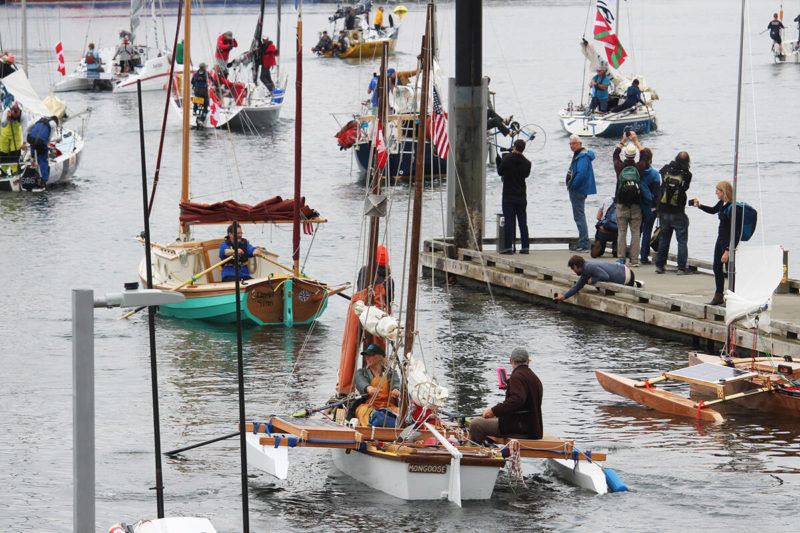
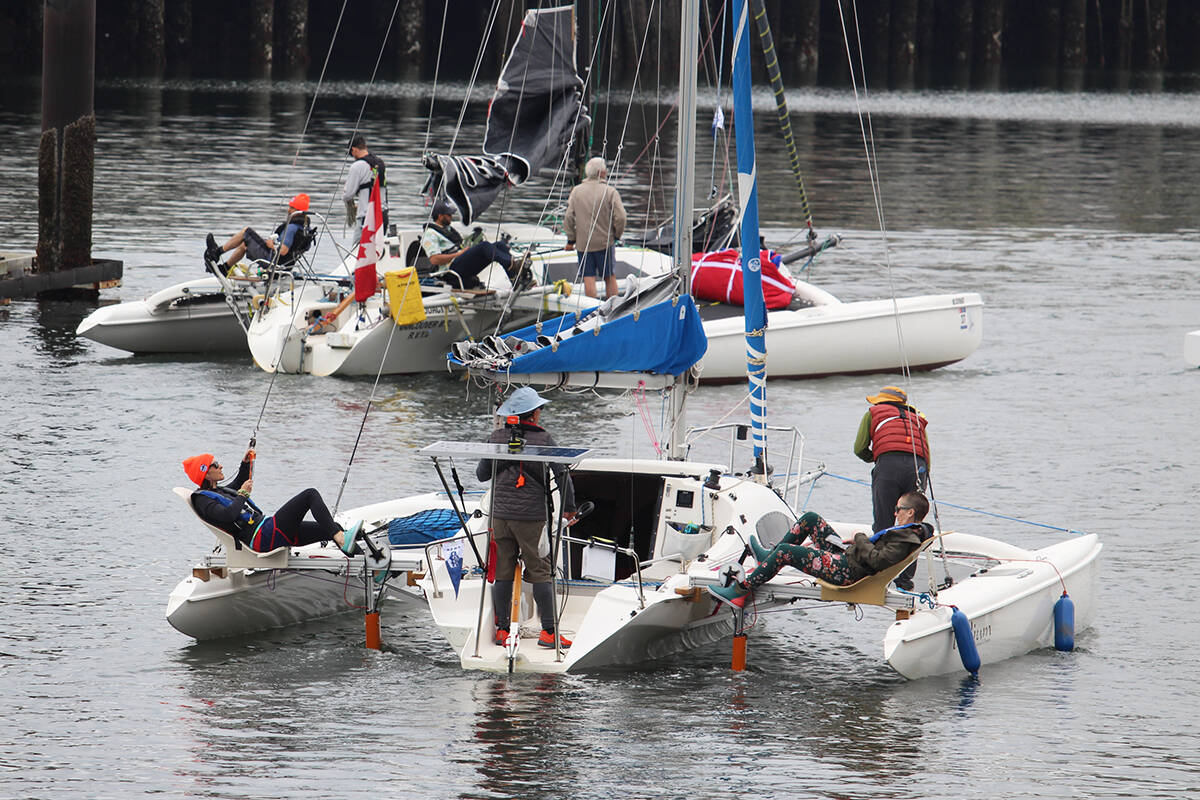
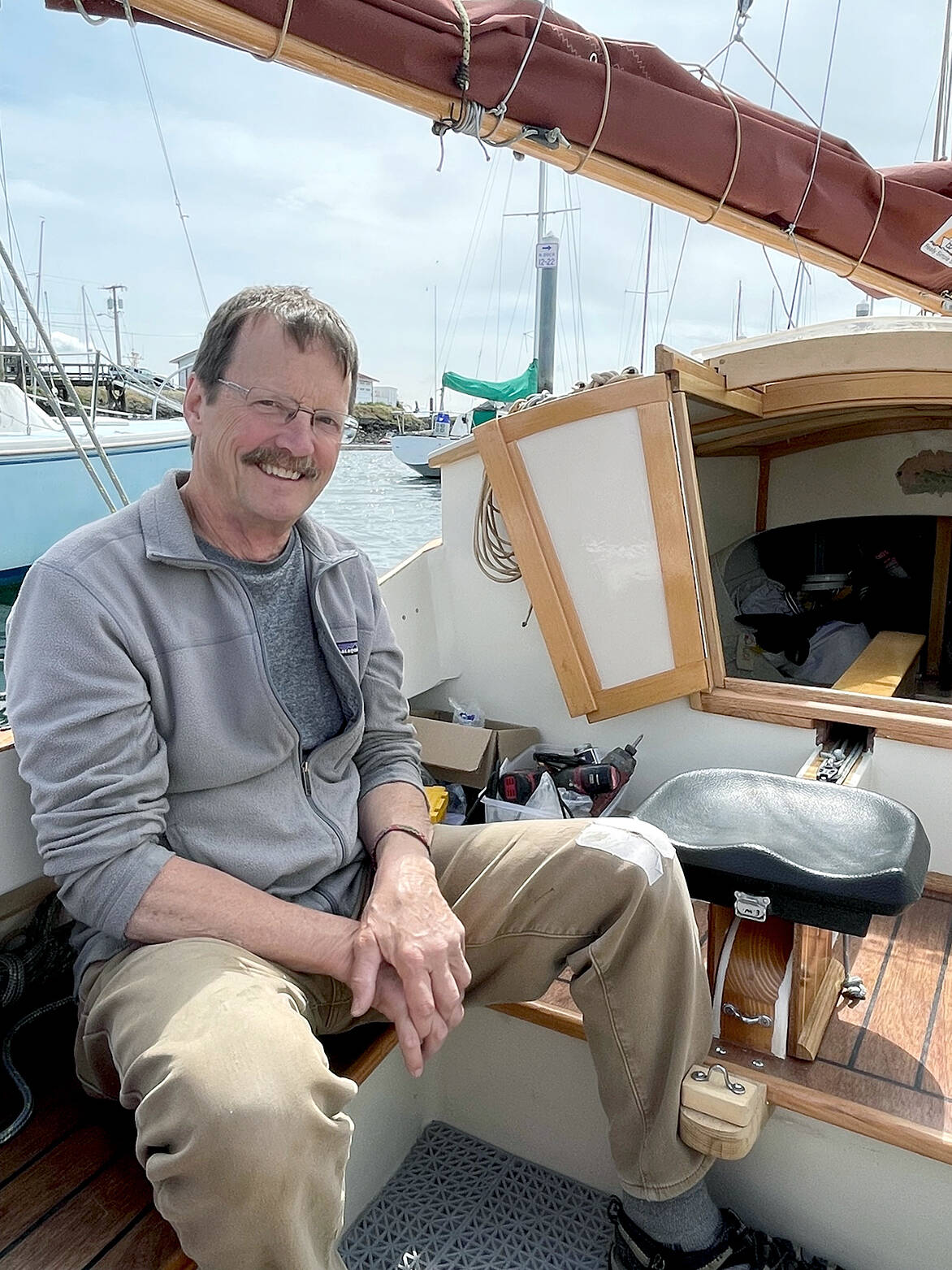
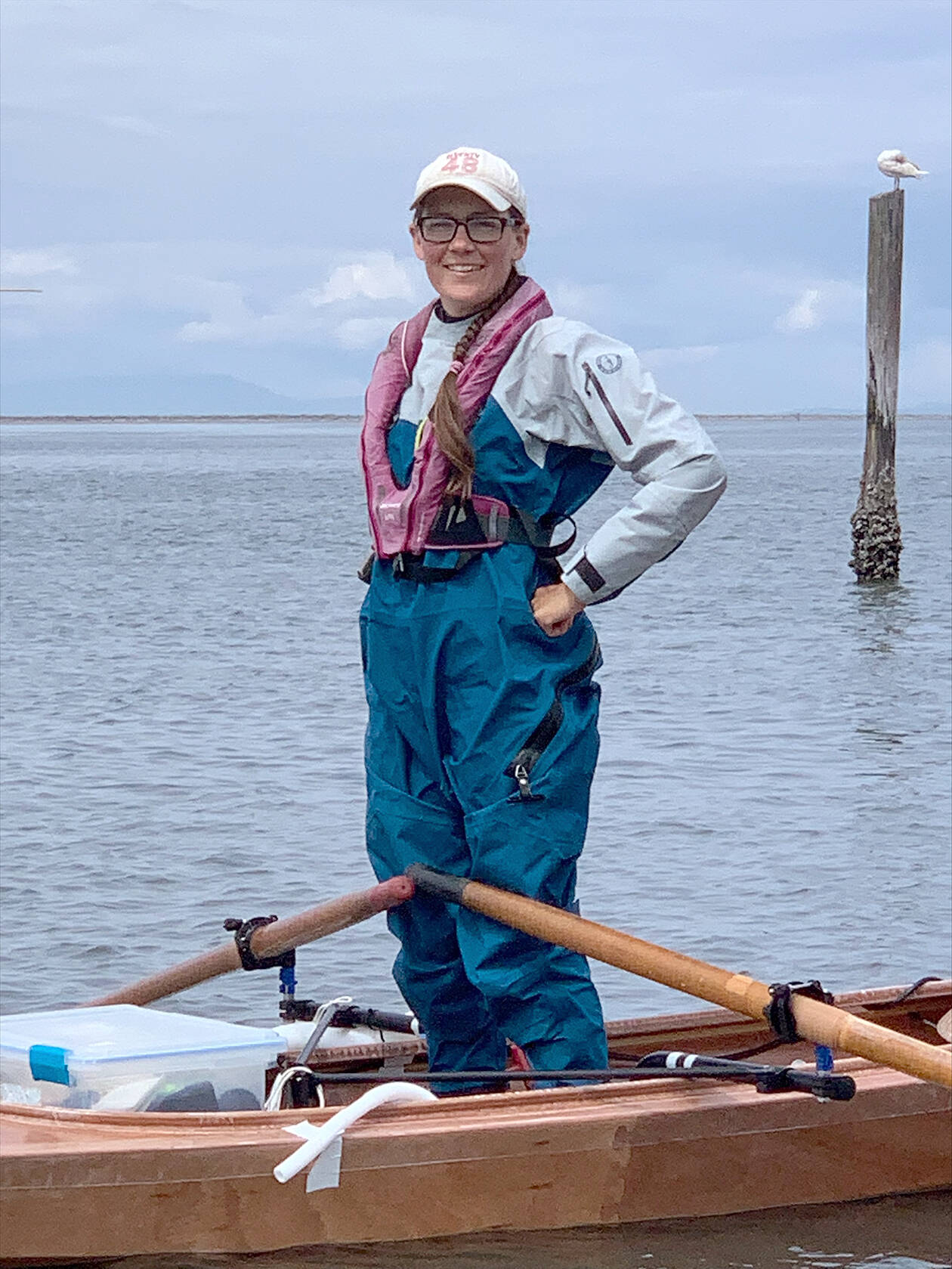
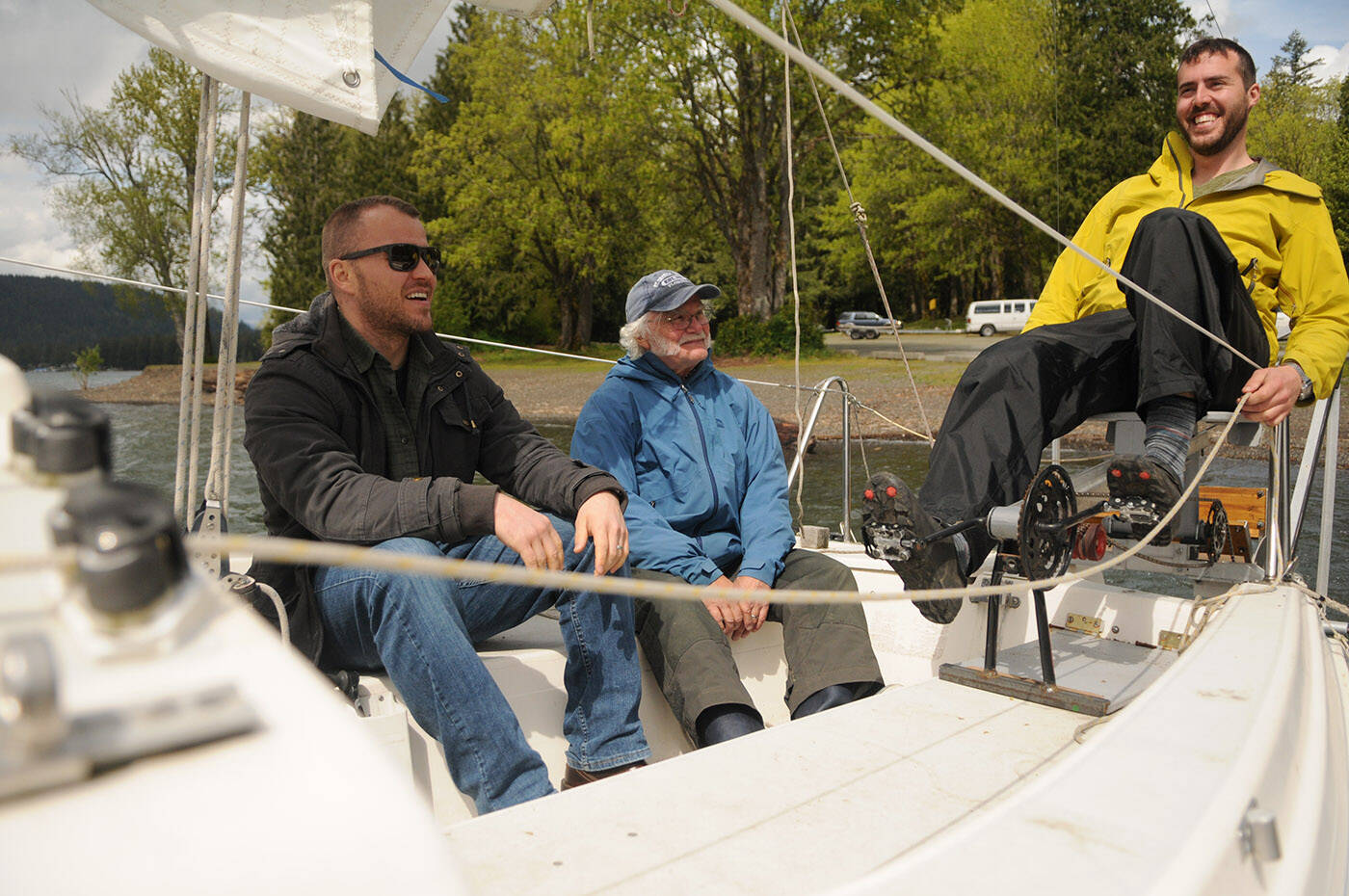
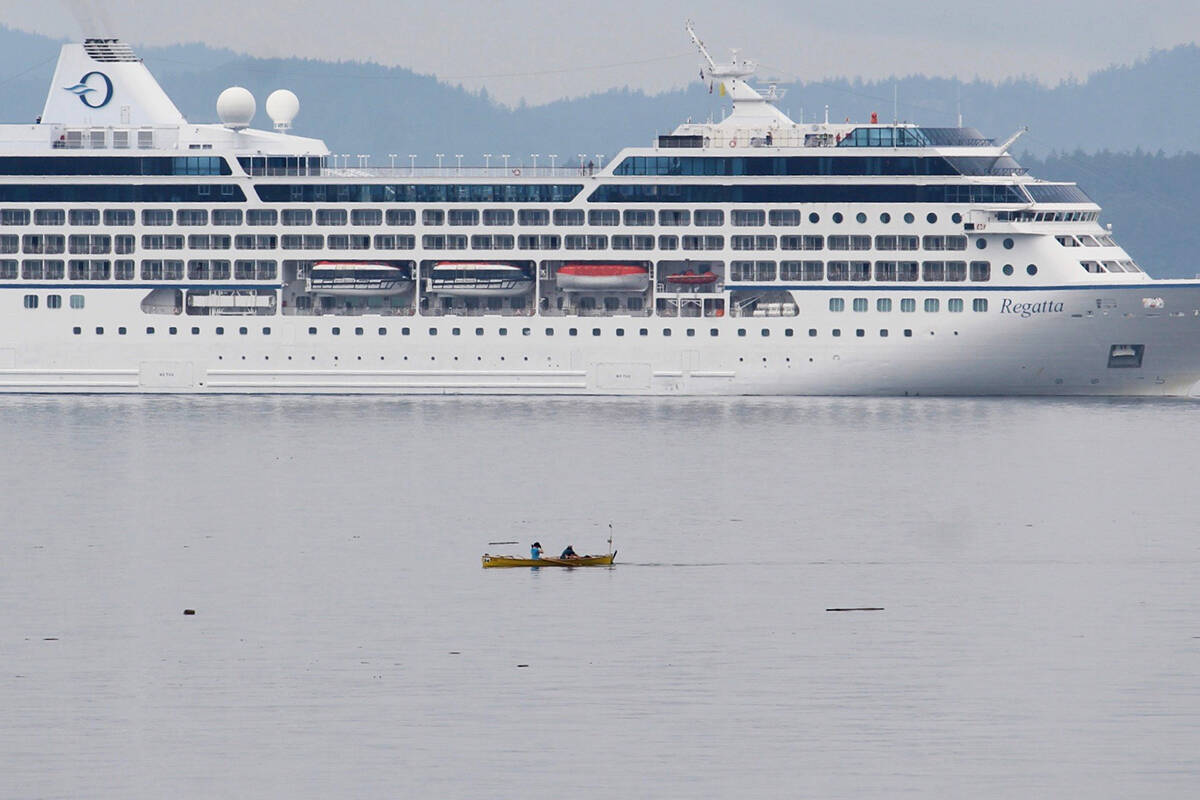
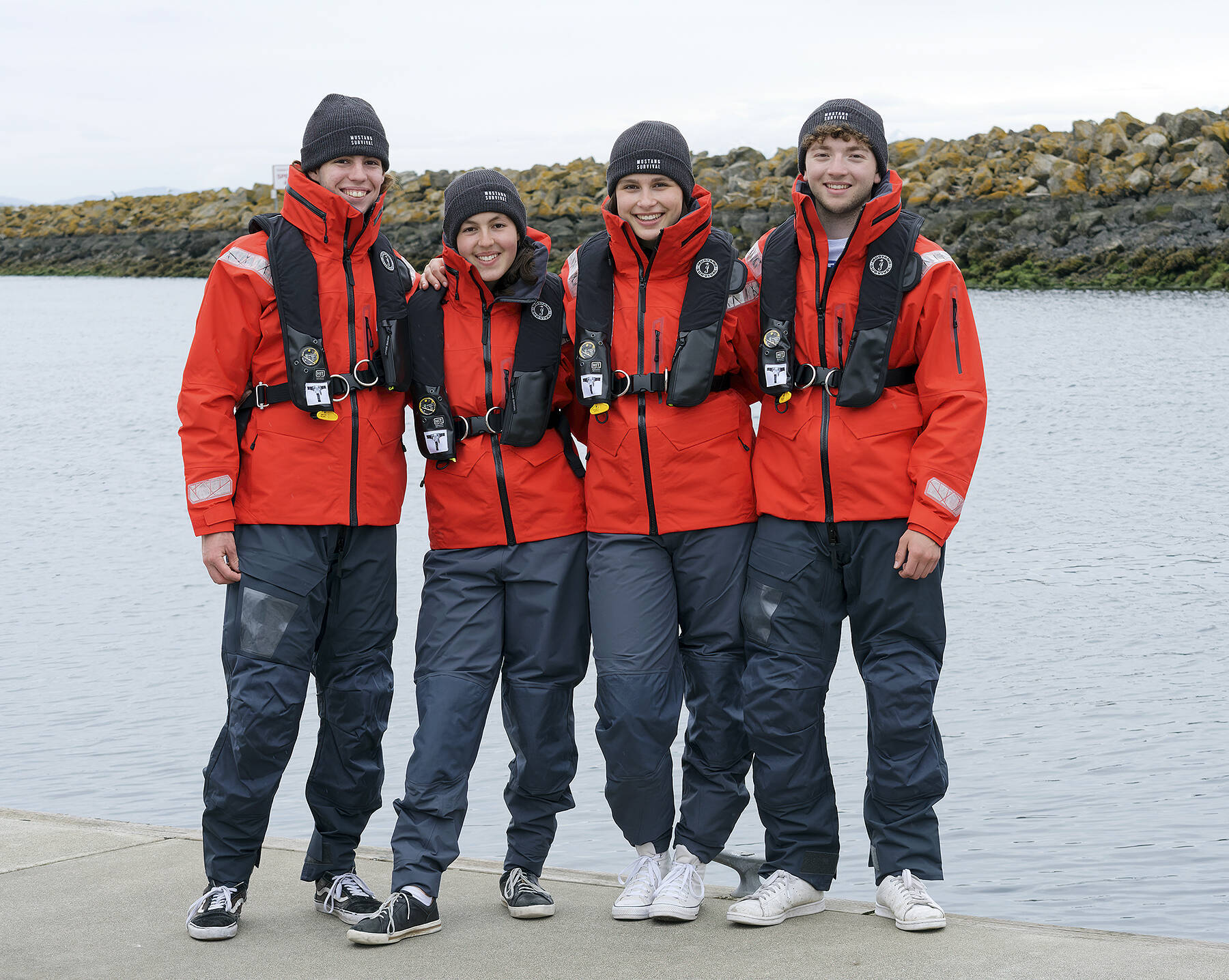
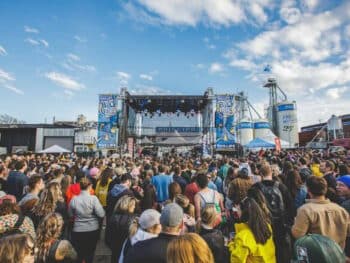
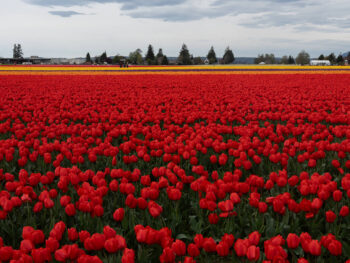

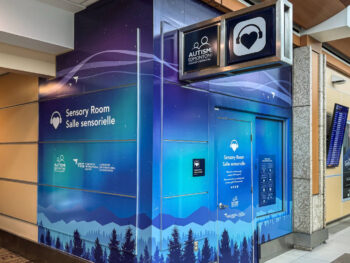
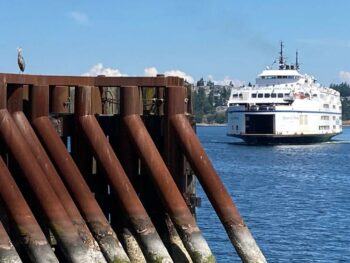
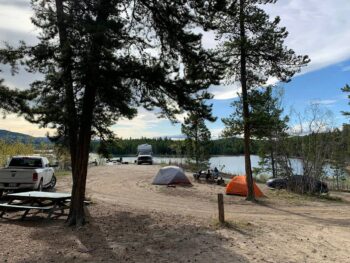
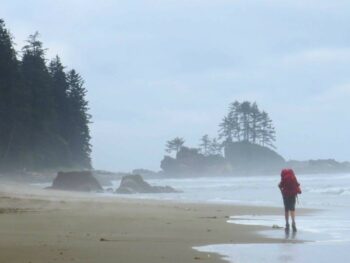
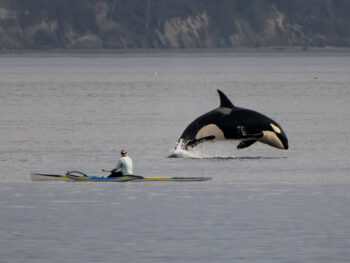
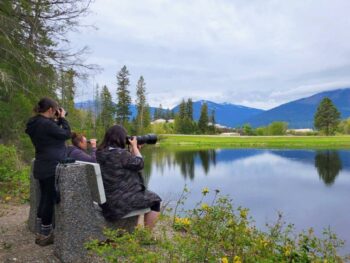
 A very west coast Father’s Day — fun and free events for 2022
A very west coast Father’s Day — fun and free events for 2022